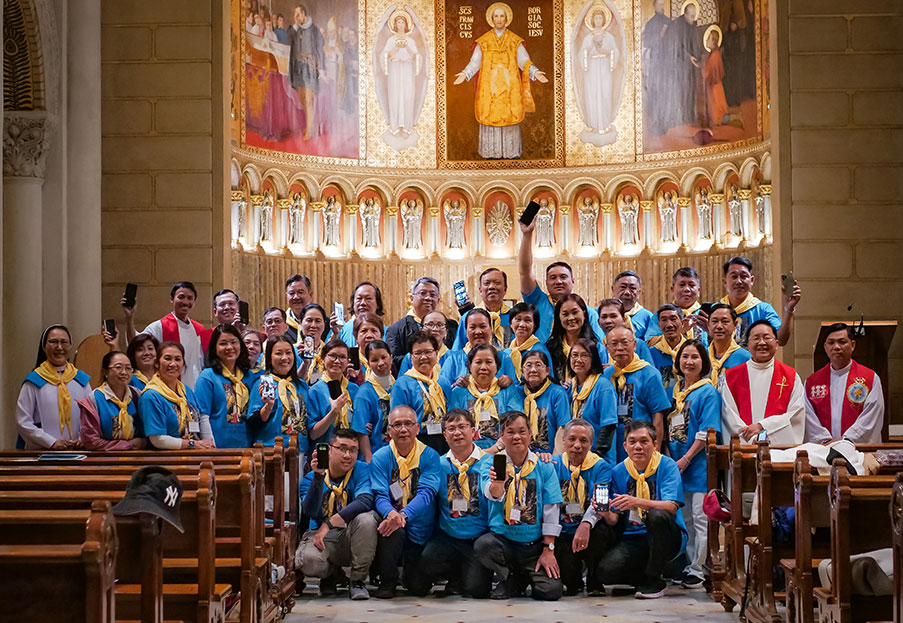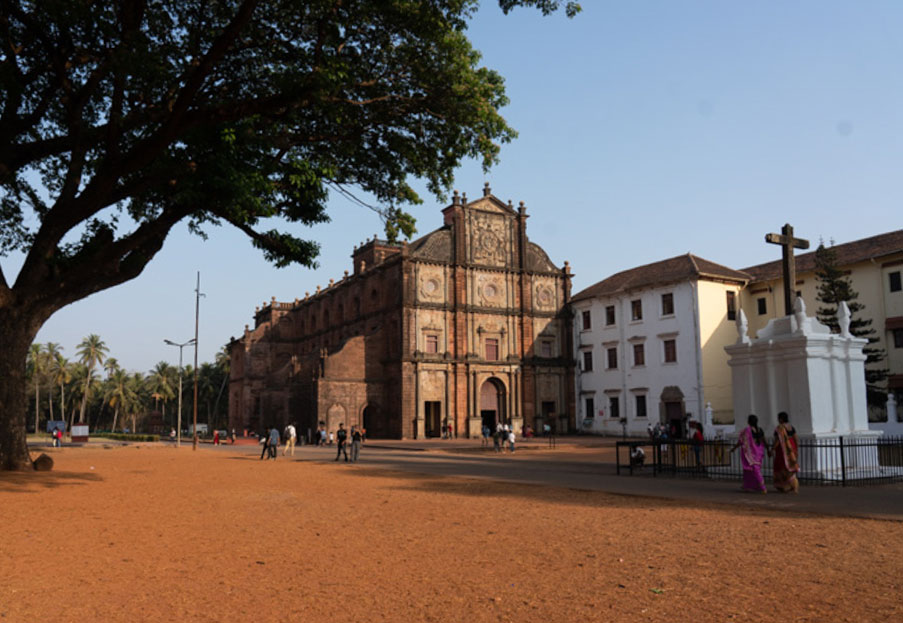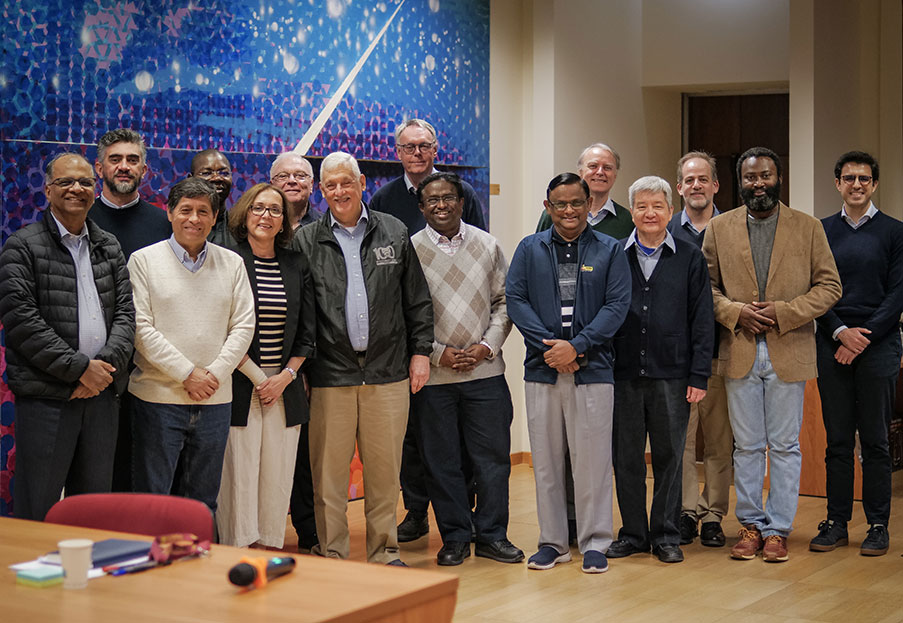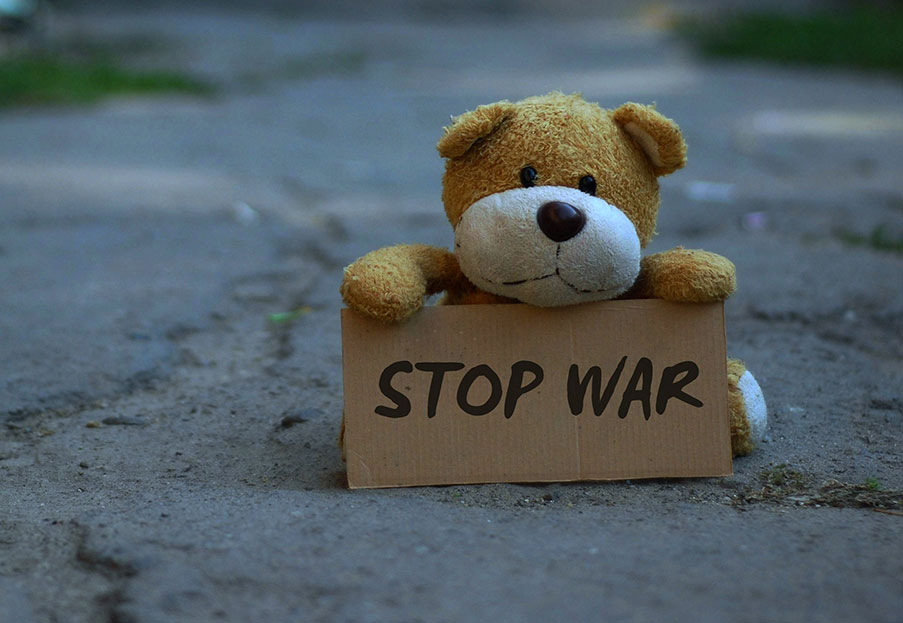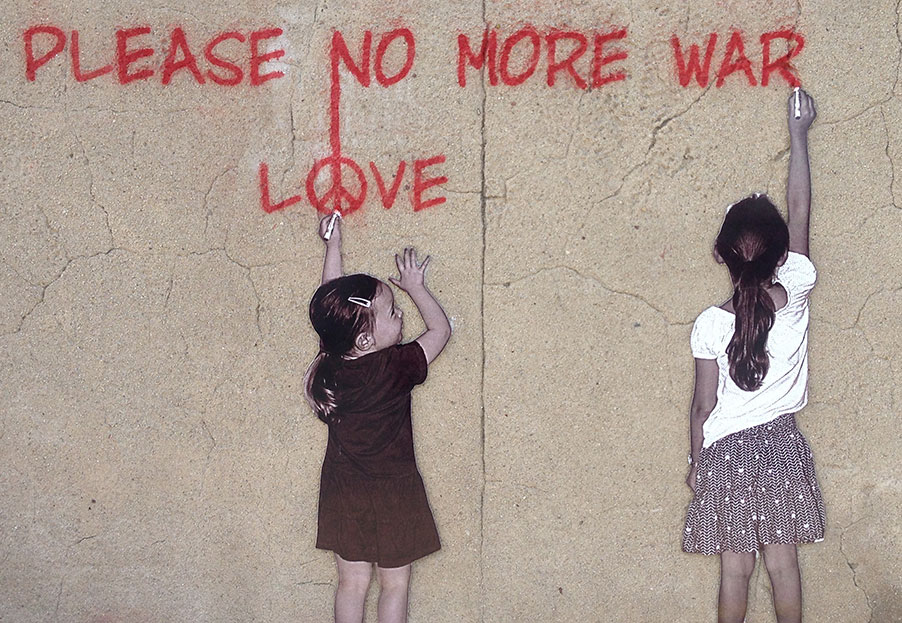Does Jesuit Poverty have a value today?
The witness of Religious Poverty is vital today for many reasons, says James Hanvey in the second article of his series.
By James Hanvey, SJ
Challenge materialism and reduction of the human person
One of the deepest and subtlest forms of poverty in our culture is the reduction of the human person to a purely material entity. Once we go down that route, then the person quickly has no transcendent value but only that which is recognised in terms of utility and wealth generation. Human beings become disposable and, of course, powerless. Therefore, one of the most radical transformative actions is attention to the spiritual, intellectual, psychological and material dimensions of a life whatever their status or condition. We can easily become blind to the fact that the poor and marginalised also have spiritual needs. When we forget this, we can unwittingly participate in the subtle reductionisms of society. Our poverty is a witness to the depth of the human person and to our desire to serve the whole person.
Amartya Sen has an important insight when he thinks of poverty not just as an economic state but one that deprives people of realising their capabilities. This translates into political as well as personal and social capabilities. The deprivation of education - especially of the whole person - is one of the greatest wounds of poverty. It not only impoverishes a person’s humanity, it diminishes the people in terms of their social presence. In this way, the whole community suffers. And so I wonder if that was implicit in the Society’s decision, very early on in its foundation, to direct its energies to the mission of education?
No limits to God’s love
Our poverty also shows that there are no limits
or barriers to God’s love. It is a love that needs no passports, visas or
special permissions. The only priority is our suffering and need. St Paul
reminds us that Christ became poor so that we might become rich. This is the
logic and dynamism of Jesuit poverty, indeed all religious poverty: the freedom
to use all our human and spiritual resources to make others rich, especially
those that society not only identifies as poor but through political and
economic choices keeps poor. So, this poverty which comes as the hallmark of
following Christ puts us at the service of all of humanity, especially ‘the
poor’ in whatever way poverty may manifest itself.
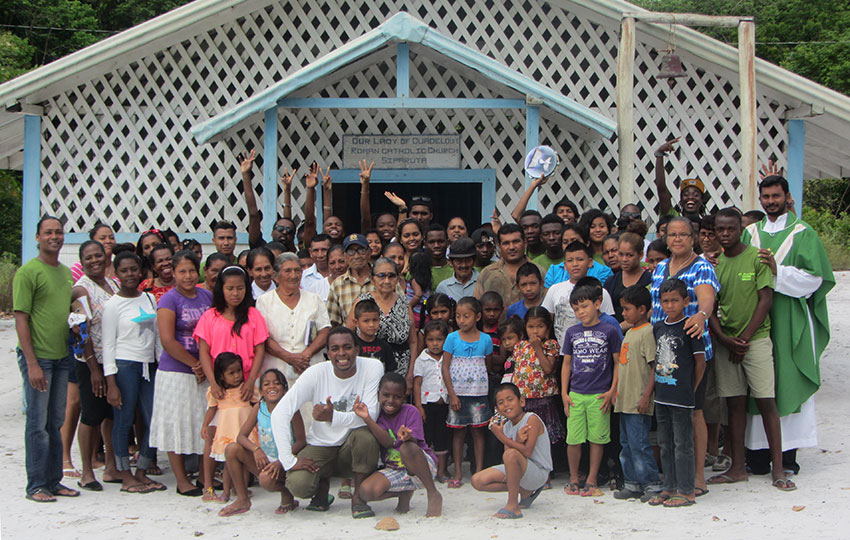
Contact with those who are materially poor
Our service and our poverty involves real service and contact with those who are poor at every level. It is too easy to allow ‘the poor’ to become an abstract concept or a statistic. Though these are necessary to help us grasp the question at the level of policies and their consequences, we must never lose sight of the face, the person. Personal commitment and contact, no matter how small, helps to keep us grounded. When Christ delivers the Sermon on the Mount, and names the ‘blessed’, I think they were already there before him. He was looking at them. In this way I think our vow of poverty can give us a ‘heart that has eyes’ to see what, too often, our societies want to hide or make invisible.
Challenge marketplace ideology
Our vow of poverty can also help us to see all the illusions of the market and the persuasive fantasies that this wealth or that product can bring us happiness and status aka power. In seeking, first, the grace of spiritual poverty, there is a freedom from the tyranny of success and recognition; from being thought respectable. The only thing that really matters is Christ and losing our fear to be thought a fool; to be an outcast with the outcasts.
The practice of material poverty is the freedom to distribute and to share. We do not have to cling to things for our security, but we can allow them to pass through our hands for the benefit of others. And since, in God’s providence, the Society can move through all levels of society, we can facilitate the distribution of the goods of creation - material, cultural, intellectual and spiritual.
Build community
Our poverty also builds community for we not only hold things in common, but we also need each other, especially the gifts and abilities that others bring to us in our poverty. You can see this all the time in communities, religious and lay, where there is this generosity of heart. This is the fruit of a lived poverty and we all become richer in kind and in spirit.
In such an ‘economy of poverty’ we also experience what I would call the ‘law of disproportionality’. It is, in fact, a law of grace: we experience that needs and demands will always outstrip our desires and resources. In other words, living out of ‘the law of disproportionality’ - never enough to do what we want to do - we will experience the pain and frustration that the choice of poverty with Christ can also bring. But this, too, is important for it deprives us of claiming glory, of thinking of ourselves as the answer. It refuses us the power of being the ‘giver’, in control, and it leaves us only as dependents upon God - we will always be Christ’s beggars.
Of course, another dimension of voluntary
poverty has come more sharply into focus with the ecological crisis. Imagine a
new economy and a new ecology if we had the freedom to break from the endless
generation and manipulation of desire, that frenetic treadmill of consumption,
and search for sufficiency and sustainability. Not only would this transform
our economic and ecological relations, it would realign and rebalance our
social ones as well.
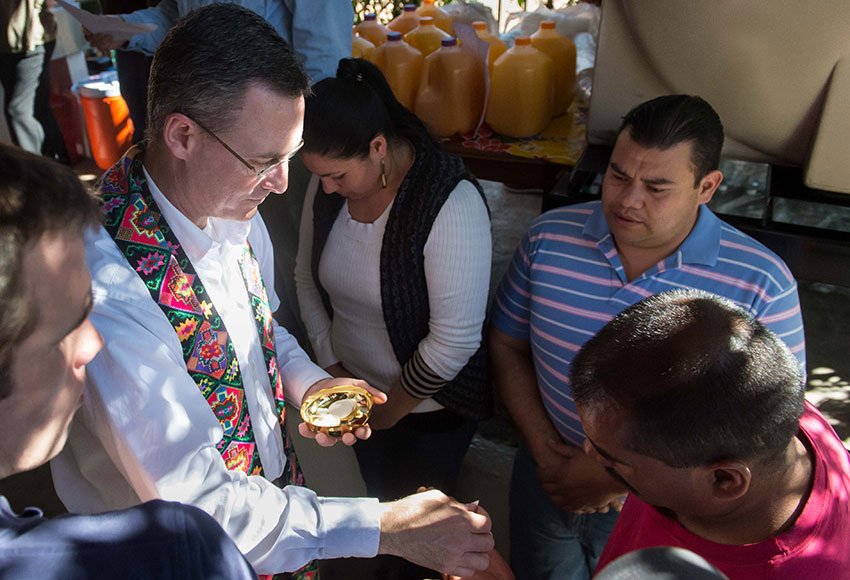
Poverty and solidarity
As well as recognising our dependence upon God, poverty chosen for the sake of Christ and in His service, also recognises our inter-dependence. This, too, must be part of its incarnational pattern. So much of our lives are built on the need to acquire and accumulate in order to be ‘free’ or ‘autonomous’. Independence is made a sign of strength and dependence as sign of weakness. But the gift of poverty for the sake of Christ counters this, and exposes its hidden idolatry and illusion. I am finite, I am created and no matter how much I try I cannot escape this basic truth. My freedom lies in accepting; accepting the gift of life that I have received and recognising God’s loving sovereignty which also offers me the gift of the whole of creation. It keeps me grounded in gratitude for it stops me forgetting that I have nothing which I have not received from the generosity of God and others. With this ‘solidarity’ of all created things, also come the responsibility to use well and not abuse, to cherish and nourish, not to exploit and ravage; to recognise that my need is not a weakness but my place in a community of life to which I have responsibilities. This means, too, sharing in the suffering as well as in the hope that this solidarity brings.
Of course, the ultimate poverty and solidarity is in death. It strips us of all that we have except the good that we have done and the love that we have given and received. Only in this ultimate poverty can I appreciate how much my whole life has depended on others who shared their riches with me.
A continuing work
It would be naïve to think that these fruits of
evangelical poverty are easily available and that we live out of its grace in
an effortless way. It is a struggle, for we know how easy it is to get caught
up in the illusions and the pleasures of consumption. Institutions and
religious communities are not immune from this too. There is always the
legitimate need to be prudent, to create material and social securities. The
vow itself can even become a way of exercising control of others. There can be
hidden hierarchies and injustices in communities determined by those who have
access to resources and those who don’t. We need to be careful that the
unredeemed pathologies of our nature do not masquerade as virtue, especially
when poverty is made the enemy of generosity, a tool for control, a claim to
moral superiority or an excuse for poor stewardship of the goods entrusted to
us. So, the vow of poverty requires a lot of sustained commitment and work;
work that is as much interior as well as in our individual and communal
practices. I think it helps if we remember that all the resources we have
belong to Christ’s poor and are entrusted to us for their benefit. Our vow of
poverty makes us free only to be more generous in giving to each other,
especially those who are in need in whatever way.


